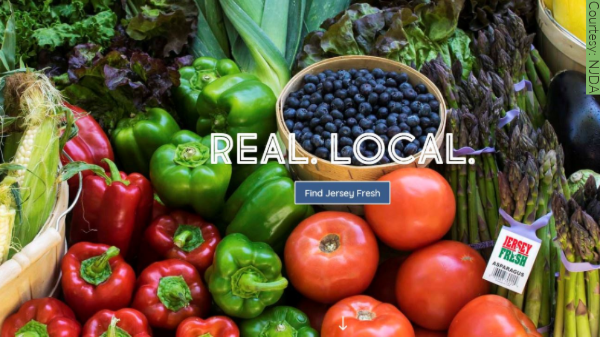
When it comes to sustainability, grower-shipper Nardelli Brothers, Inc., BB #:101204 Cedarville, NJ, continues to add more organic options as a way to be more “green.”
In addition, the company has implemented new irrigation systems and is “always trying to use less fuel and be as efficient as possible with both our on-road trucks and our farm equipment,” he said.
For its part, Easter Propak’s new building was designed with green initiatives. Jeff Danner, general manager for Eastern Propak, LLC, BB #:159451 in Glassboro, NJ, said the energy savings will offset the added costs in five to seven years.
R&R Flaim Next Generation Produce, LLC BB #:206204 in Vineland, NJ, works to stay ahead of the sustainability curve with recycled drip irrigation, biodegradable black plastic mulch for summer crops, maintenance of waterways to prevent erosion, and using cover crops to provide a respite for soil.
The grower also participates in integrated pest management through Rutgers University’s research program to prevent the unnecessary use of herbicides and pesticides. “It’s good for the environment, cost, and consumers,” said managing member Ryan Flaim.
This is an excerpt from the most recent Produce Blueprints quarterly journal. Click here to read the full version.
When it comes to sustainability, grower-shipper Nardelli Brothers, Inc., BB #:101204 Cedarville, NJ, continues to add more organic options as a way to be more “green.”
In addition, the company has implemented new irrigation systems and is “always trying to use less fuel and be as efficient as possible with both our on-road trucks and our farm equipment,” he said.
For its part, Easter Propak’s new building was designed with green initiatives. Jeff Danner, general manager for Eastern Propak, LLC, BB #:159451 in Glassboro, NJ, said the energy savings will offset the added costs in five to seven years.
R&R Flaim Next Generation Produce, LLC BB #:206204 in Vineland, NJ, works to stay ahead of the sustainability curve with recycled drip irrigation, biodegradable black plastic mulch for summer crops, maintenance of waterways to prevent erosion, and using cover crops to provide a respite for soil.
The grower also participates in integrated pest management through Rutgers University’s research program to prevent the unnecessary use of herbicides and pesticides. “It’s good for the environment, cost, and consumers,” said managing member Ryan Flaim.
This is an excerpt from the most recent Produce Blueprints quarterly journal. Click here to read the full version.



